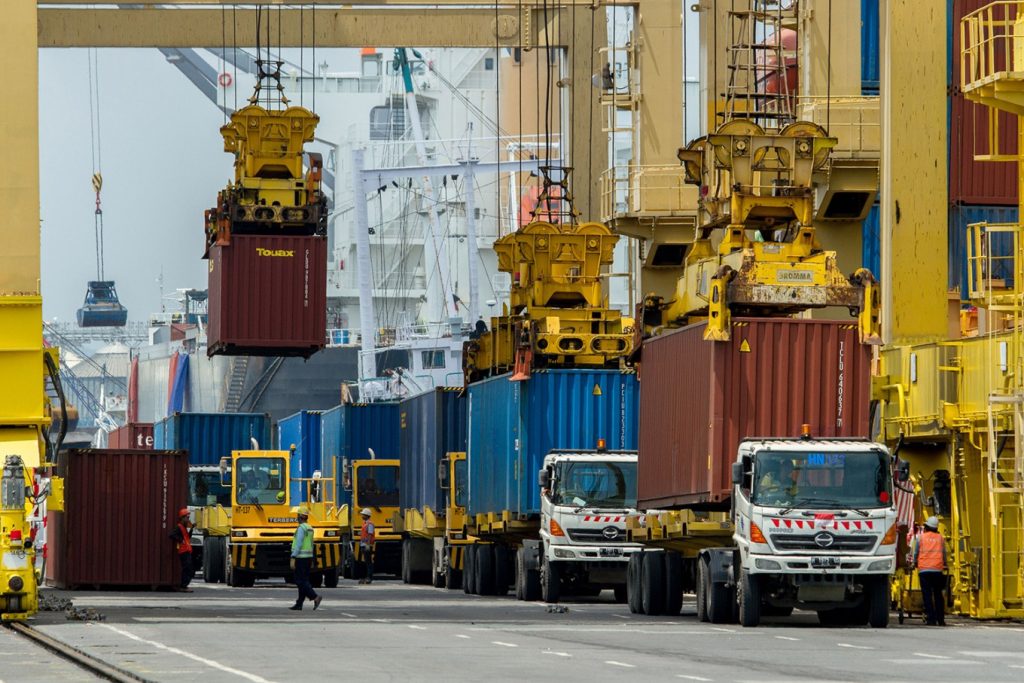
Selling your products overseas is a big step—but one wrong move with foreign tax rules can lead to delays, fines, or even blocked shipments.
Many local exporters aren’t aware that each country has its own tax system, and non-compliance (even unintentional) can bring serious penalties.
Here’s how to stay on the right side of international tax laws—and protect your export business from unnecessary trouble.
1. Understand the Tax Rules in Each Target Market
Every country has its own tax codes covering:
- VAT or GST on imported goods
- Withholding taxes on payments
- E-invoicing requirements
- Tax registration thresholds for foreign sellers
Don’t assume what works at home applies everywhere.
Use official government portals or consult trade advisors to get updated info before you start selling.
2. Register for Taxes When Required
Many countries now require foreign sellers to:
- Register for VAT/GST (especially for e-commerce and digital goods)
- Collect and remit local taxes
- File periodic tax returns—even without a physical presence
Failure to register can lead to:
- Heavy penalties
- Interest on unpaid tax
- Difficulty clearing customs
Tip: Use simplified schemes like the IOSS (EU) or GST registration (Australia) to comply easily.
3. Avoid Incomplete or Incorrect Invoices
Some countries require specific formats or tax ID numbers on your invoices. Missing details can cause:
- Customs delays
- Denied tax refunds
- Rejected transactions
Make sure every invoice includes:
- Your business name and tax ID
- Buyer’s details (if needed)
- Accurate product descriptions
- Correct tax rates or exemption codes
4. Keep Detailed Records
Poor documentation is one of the top reasons exporters get penalized.
Keep copies of:
- Sales invoices
- Customs declarations
- Proof of export (e.g., bill of lading)
- Tax filings and correspondence
Store them digitally and back them up—some authorities can audit your export business up to 5 years later.
5. Monitor Payment Methods for Tax Traps
If you’re using payment platforms like PayPal, Stripe, or bank transfers, make sure to:
- Track withholding taxes
- Report income received abroad
- Record foreign exchange gains or losses (if applicable)
Also double-check invoice values match received payments—mismatches can trigger compliance reviews.
6. Work with Local Experts When Needed
When selling in multiple countries, consider hiring:
- Freelance tax advisors in your target markets
- Customs brokers familiar with local rules
- E-commerce platforms that offer tax support
This helps reduce risks and ensures your business stays compliant as you scale.
Conclusion
Avoiding penalties in foreign tax systems isn’t just about avoiding fines—it’s about building trust with your buyers, your partners, and even foreign authorities.
With the right strategy and a little preparation, you can grow internationally without fear of legal or financial setbacks.
















